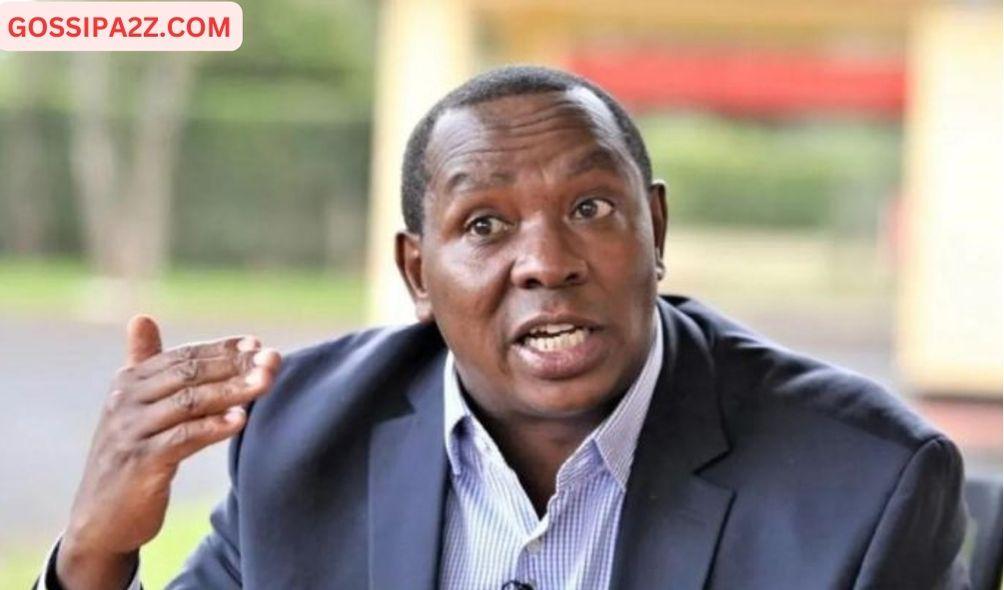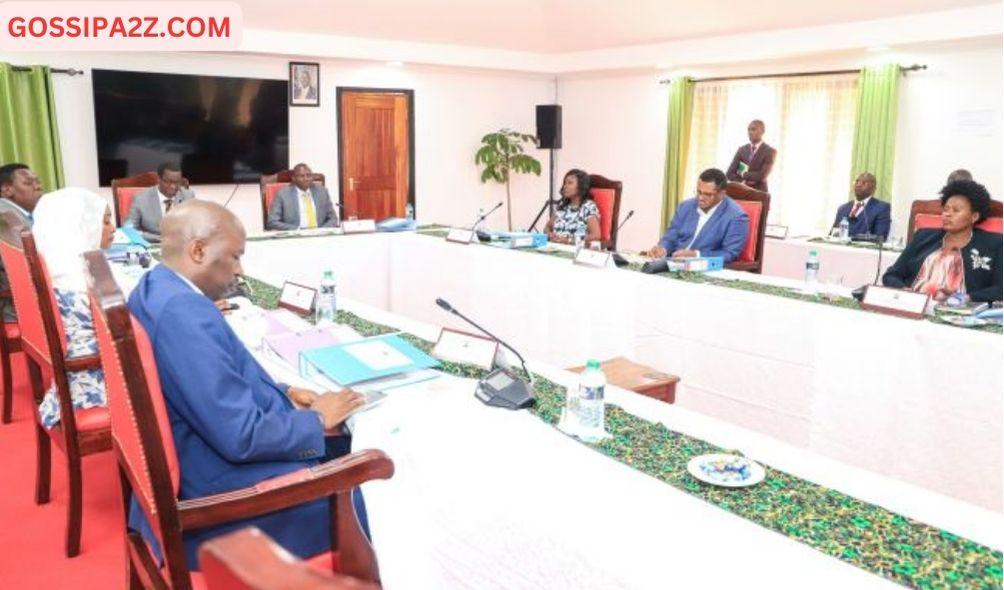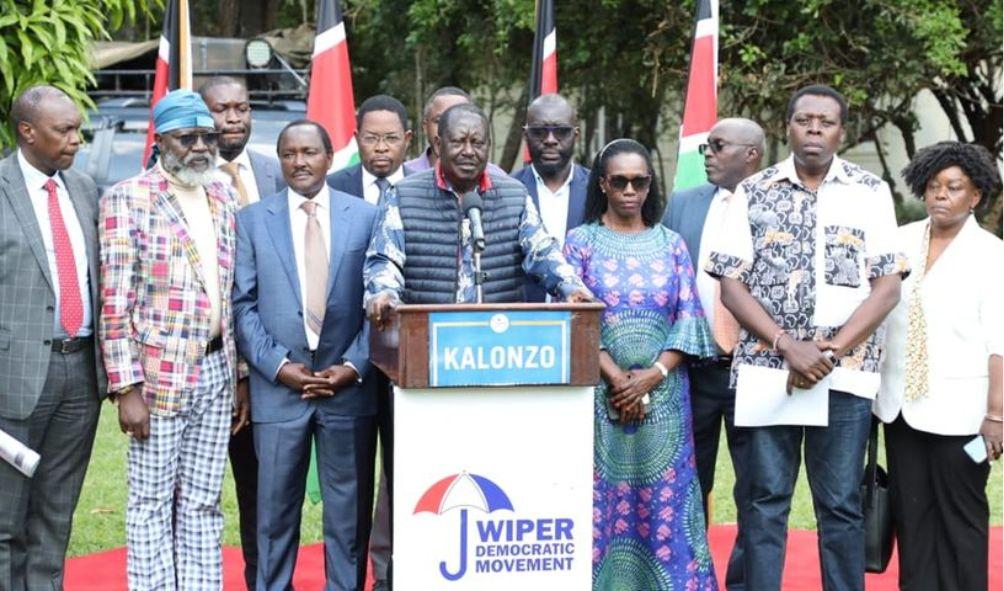Azimio Blames Ruto’s Oil Deal With Saudi & UAE for High Fuel Prices
Former Laikipia governor Nderitu Mureithi attributes the increase in fuel prices to the government’s oil agreement with Gulf states.
In March, Kenya signed an agreement with oil companies from Saudi Arabia and the United Arab Emirates to supply fuel on credit, a move that was anticipated to reduce prices and halt the depreciation of the shilling.
Speaking during Azimio’s submissions to the National Dialogue Committee at the Bomas of Kenya, the former governor cited high-interest rates in the government oil agreement which is passed to customers.
”On the G-to-G program, it did not address any of the issues on the cost of living, it actually added cost,” the former governor noted.
The former governor added that the oil deal’s interest rates on the letters of credit and the loss in exchange rates had contributed to the high fuel taxation.

”The reason fuel prices in general went up is because of the effect of G-G it is not due to international crude prices and we have demonstrated so to the committee,” he noted.
The Treasury has already met its obligations to the government-to-government agreement between Kenya and Gulf countries by paying Ksh35,2 billion ($238,8 million).
ALSO READ:
- US President Biden Calls Ruto Ahead of Kenya Police Haiti Deployment
- At Least Ksh.9 Million Worth Of Methamphetamine Drug Seized At JKIA
- Cabinet Cancels Ksh.6B Telkom Kenya Buyout Deal, Demands Refund
As the payment has already been made, another payment of Ksh60 billion is due by the end of October.
The government signed contracts for the importation of Oil with Saudi Aramco, Abu Dhabi National Oil Corporation Global Trading (ADNOC), and Emirate’s National Oil Company (NOC).
In addition, Nderitu Mureithi criticized the government for attributing the current inflation to the price of international petroleum oil.
“We must stimulate production by reducing interest rates, we must reduce taxation on energy, fuel, food, and taxation to SMEs,” added Nderitu Mureithi.
Moreover, he proposed that the Finance Act of 2022 be repealed in its totality to reduce taxes.
Representatives of Azimio emphasized, in presentations that sparked a contentious session, the 2022 election’s lack of transparency in other submissions.
The Kenya Kwanza coalition, represented by UDA Secretary General Cleophas Malala, informed the committee earlier in the day that the 2022 elections were a closed matter.

Azimio Blames Ruto’s Oil Deal With Saudi & UAE for High Fuel Prices
